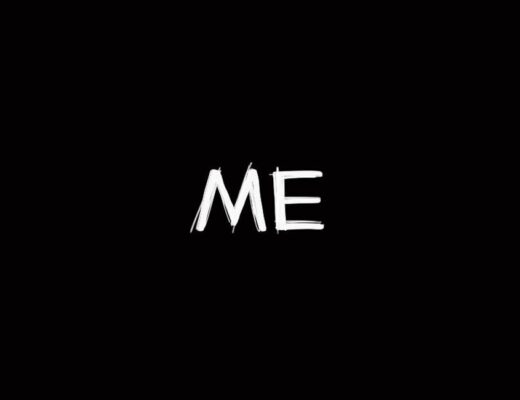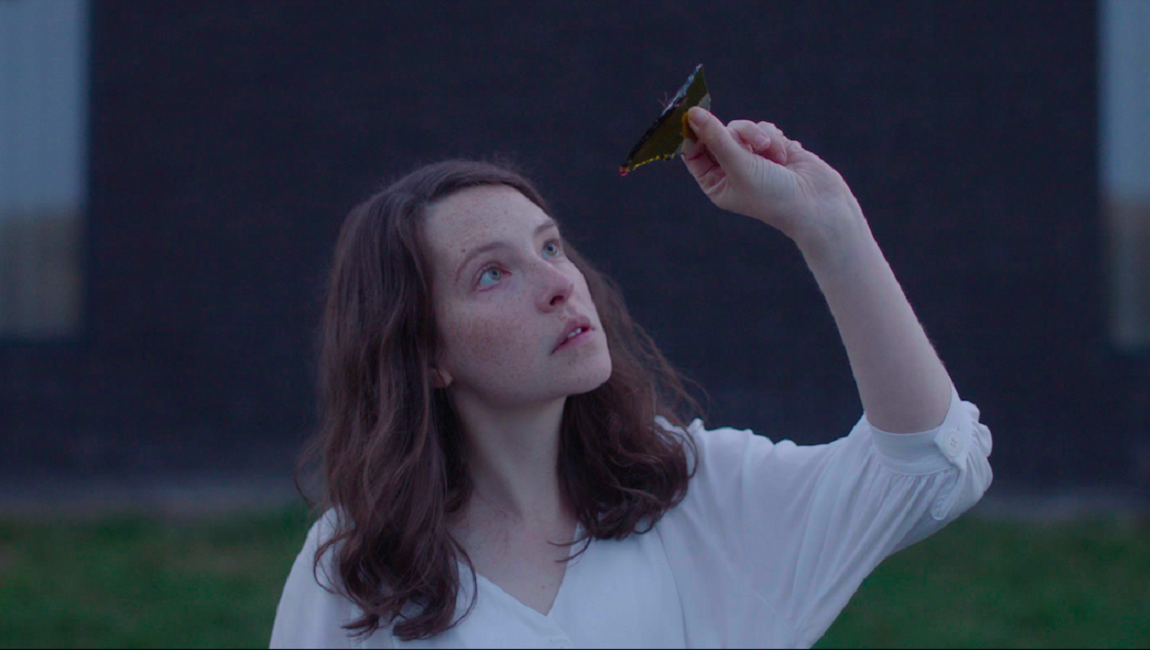Cicada is tonally uneven and its sum is less than its parts, but it still often works on the strength of its authenticity and small honesties.
Gay indie cinema is full of well-meaning films centering on toned, good-looking twenty-somethings searching for deeper connection while overcoming their demons and past traumas. By that measure, co-director/co-writer/leading man Matt Fifer‘s Cicada is a snug fit, depicting the tentative relationship that develops between Ben, a self-destructive and recently out bisexual, and the closeted and over-cautious Sam (co-writer Sheldon D. Brown). What makes Cicada stand a little taller than the rest, then, is its naturalism, a palpable authenticity coloring nearly every scene. It comes as little surprise, then, that Fifer and Brown based these characters on their own past experiences; there is a lived-in quality to both of their performances, exhibiting a raw emotionalism that cuts through the film’s occasional flirtation with sentimentality. Unfortunately, Cicada’s problem is that the parts are greater than the sum, featuring a collection of great scenes that fail to coalesce.
On a filmmaking level, Fifer and co-director Kieran Mulcare take a rudimentary, indie-familiar approach to the material: long takes, handheld cameras, and an obscene number of golden hour montages set to tracks from the likes of Grizzly Bear and Tune-Yards help establish its low-key mood. In some instances, the approach works, such as a five-minute long-take where Sam finally lets his guard down and explains the cause of his emotional and physical trauma, flubbed lines included. And in a rare moment of visual inventiveness, the co-directors shoot their leads at a fountain, taking inspiration from the water itself; shimmery lines and waves of light cascade over the two men as they take their first cautious steps into the choppy seas of dating — it’s an admittedly unsubtle moment, but one that is effectively executed.
What’s less successful is the casting of recognizable actors in bit parts, which, given the film’s unassuming tenor, is not only distracting, but nearly all of them — including Cobie Smulders, Scott Adsit, and Bowen Yang — play the material far too broadly, resulting in a bit of tonal whiplash. Cicada doesn’t need such flourishes, and indeed excels in moments constructed of small honesties, such as when Sam explains the ways in which his skin color impacts their relationship and the way others view his homosexuality or when Ben finally works up the courage to tell his mother about the sexual abuse he experienced. Equal parts bittersweet and hopeful, Cicada is wise enough to understand that love is more than a collection of shared moments — it’s also the ability to inspire strength where none existed.
Originally published as part of London Film Festival 2020 — Dispatch 2.







